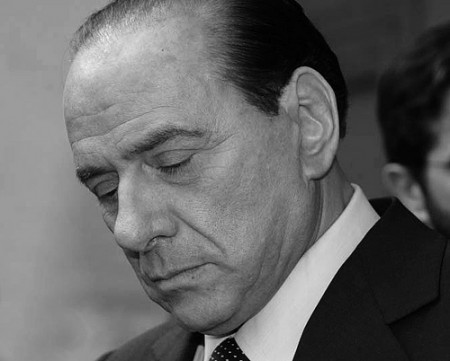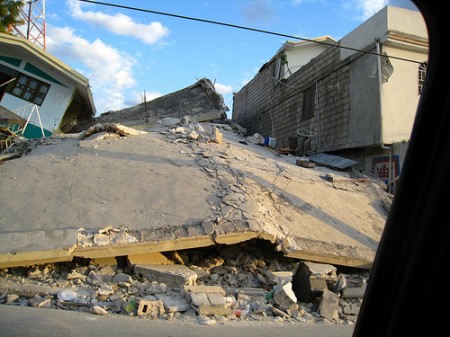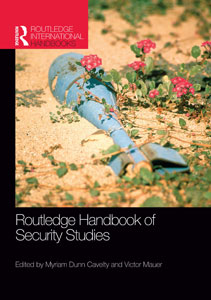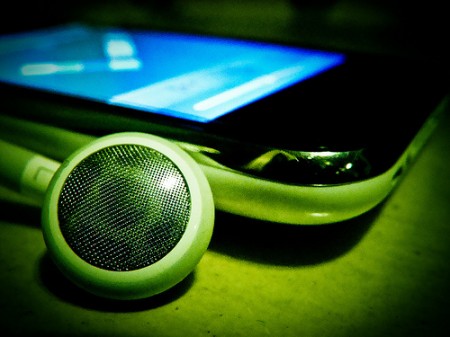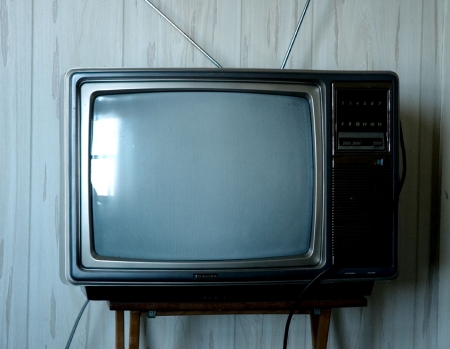
Perhaps Nicolas Sarkozy has always been a political figure excessively focused on publicity, ratings and the attention of the media. Yet, as of late President Sarkozy has started to open up about his ambitions of becoming the puppeteer of the French media landscape, grasping for control of some of the most influential institutions of the French press.
In short, President Sarkozy tried to become the majority shareholder of Le Monde (a renowned newspaper), he changed the law in order to be able to appoint the director of France Télévisions (the publicly-owned syndicate who, among others, controls France 2 and France 3), and he might be able to exert direct influence on Agence France-Presse (the third largest news agency in the world) if the latter successfully turns into a public firm.
It seems legitimate to ask whether France is currently going through a similar process of centralization of media control as Italy under Berlusconi. Despite all the evidence suggesting that this is the case, the situation in France is still different. While major parts of Italian media remain under the direct control of Berlusconi, the French media is dominated by small parts of the French establishment instead. Unlike Berlusconi, Sarkozy is not (yet) a majority shareholder of any private media companies and as the Guardian notes, he relies on a powerful network of close friends who are instead.

